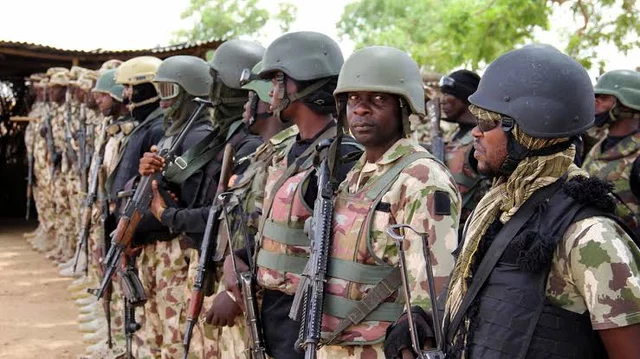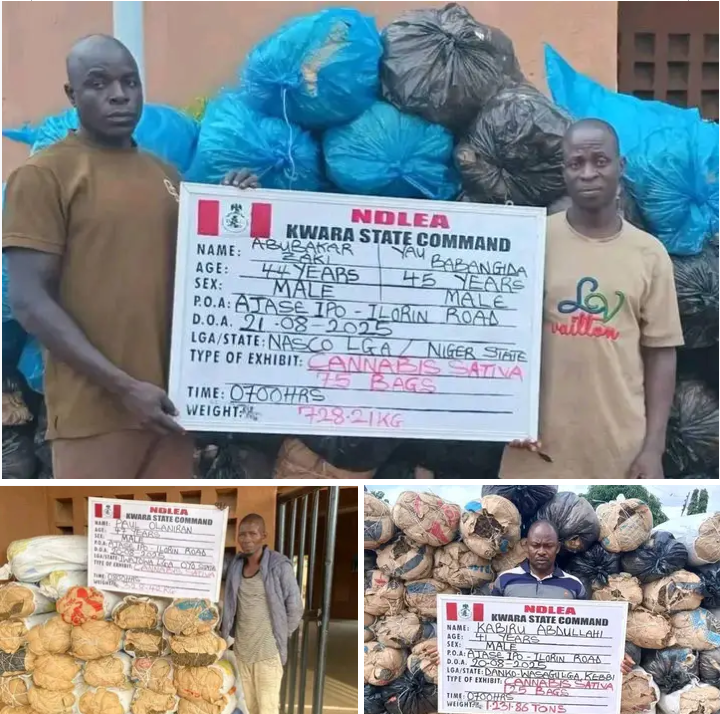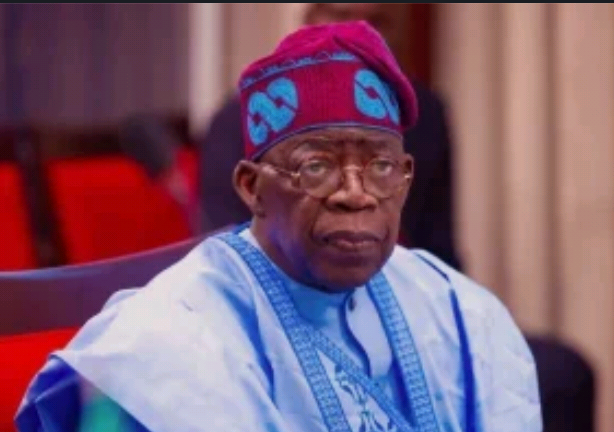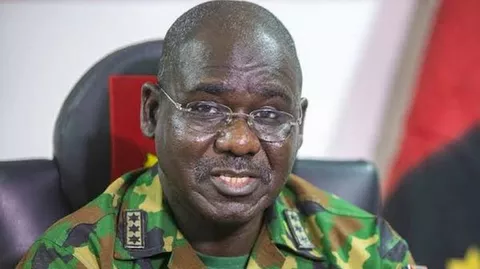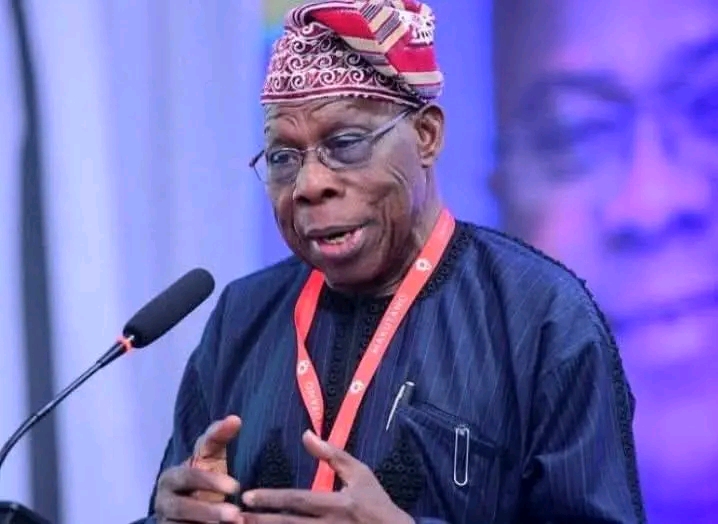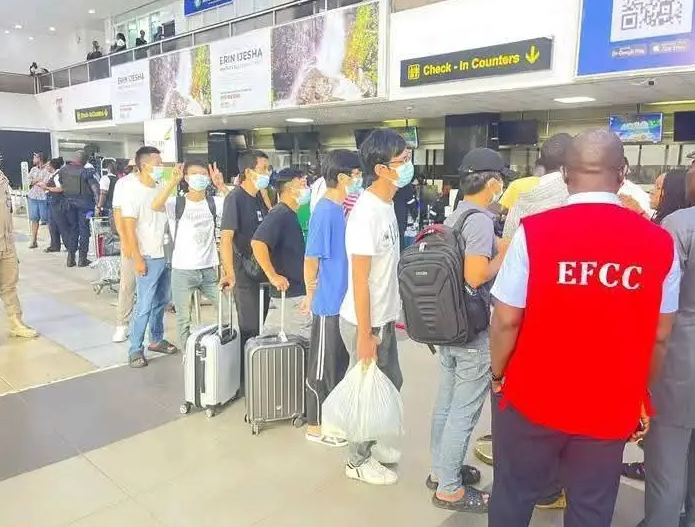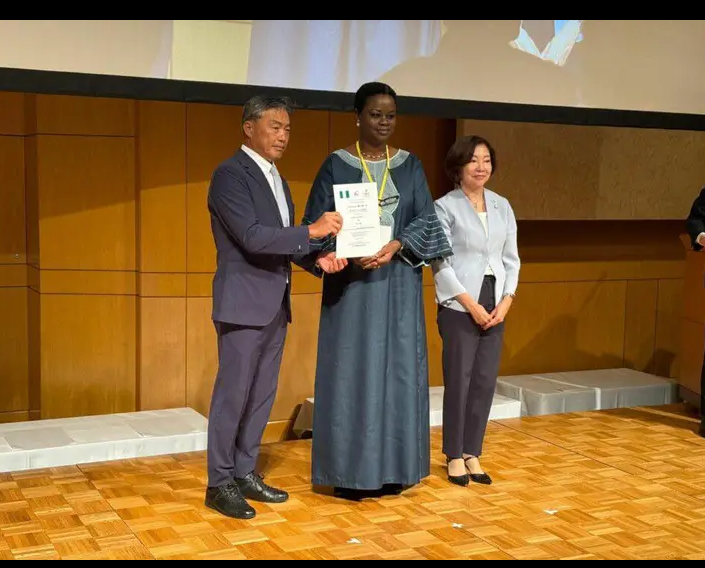
Dr. Adam Abdullahi Likpata has made waves globally by winning the prestigious CIPHER Grant from the International AIDS Society (IAS) for his groundbreaking research on drug resistance in children and adolescents on dolutegravir-based treatment in sub-Saharan Africa. This two-year grant worth $150,000 will support his project aimed at mapping emerging resistance patterns and generating critical evidence for treatment optimization.
As an infectious disease and global health scientist with an impressive record of research and leadership, Dr. Likpata’s achievement underscores the urgent need for locally driven research in Africa to build the continent’s own evidence base and set priorities for epidemic control. His work has the potential to improve outcomes for young populations living with HIV.
Some of Dr. Likpata’s notable achievements include¹ ²:
– *Research Experience*: Former Harvard Takemi Fellow and Research Associate at the University of Cambridge, with research spanning vaccine science, epidemic preparedness, and health systems
– *Published Works*: First-author research papers published in reputable journals like Nature Communications, with over 2,000 citations
– *Awards and Grants*: Recipient of a small grant of £20,000 through the Bill and Melinda Gates Foundation for his research project
– *Mentorship*: Mentored by Nigeria’s Coordinating Minister of Health and Social Welfare, Professor Muhammad Pate, during his academic journey at Harvard
Dr. Likpata’s recognition on the world stage is a testament to the impact of Nigerian and African researchers in global health. His work serves as an inspiration to the community, particularly the youth in Lafiagi, Kwara State, and Nigeria, showcasing the potential for excellence and innovation in medical science.

